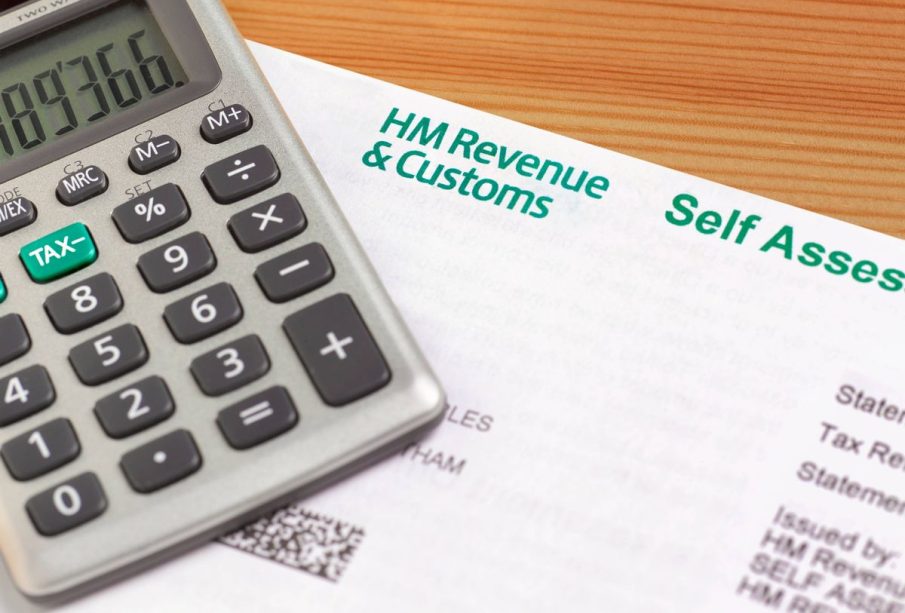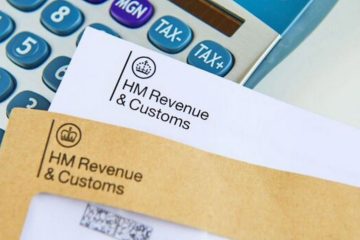Understanding HMRC Self Assessment: What You Need to Know

Importance of HMRC Self Assessment
HMRC self assessment is a critical process for millions of taxpayers across the United Kingdom. It allows individuals to declare their income, calculate their tax liabilities, and ensure they fulfil their responsibilities to HM Revenue and Customs (HMRC). Given the intricate tax system in the UK, understanding the self assessment process is essential for anyone who earns income outside traditional PAYE (Pay As You Earn) employment.
Who Needs to File a Self Assessment?
Self assessment is mainly required for self-employed individuals, business partners, and those earning over £1,000 in rental income. It is also necessary for taxpayers who earn more than £100,000 and those claiming certain tax reliefs. In the 2022/23 tax year, approximately 12 million tax returns were filed via self assessment, reflecting its significance in the UK tax system.
Key Deadlines for Filing
The deadlines for filing a self assessment tax return are crucial. Taxpayers must submit their paper returns by 31st October each year, while online returns must be completed by 31st January of the following year. Failing to comply with these deadlines can result in penalties, which emphasises the importance of being organised and aware of tax obligations.
Changes in the Tax System
In recent years, the UK government has introduced various changes to the self assessment system. For example, new measures have been implemented to assist taxpayers with digital tools for filing. The Making Tax Digital initiative aims to streamline the process, making it easier and more efficient for individuals to manage their taxes online. This is especially vital as the government encourages more people to handle their tax affairs digitally, improving accuracy and reducing the chances of error.
Conclusion and Future Implications
In conclusion, HMRC self assessment is a vital aspect of the UK tax system that plays a crucial role in ensuring that individuals meet their tax obligations. As the government continues to evolve its tax systems with digitalisation and reforms, taxpayers must stay informed and prepared for any upcoming changes. Keeping abreast of deadlines and embracing digital tools will not only facilitate compliance but also help taxpayers make the most of available tax reliefs and allowances. Looking ahead, the self assessment process will likely continue to adapt as tax policies evolve to meet the challenges of modern income generation and economic changes.









